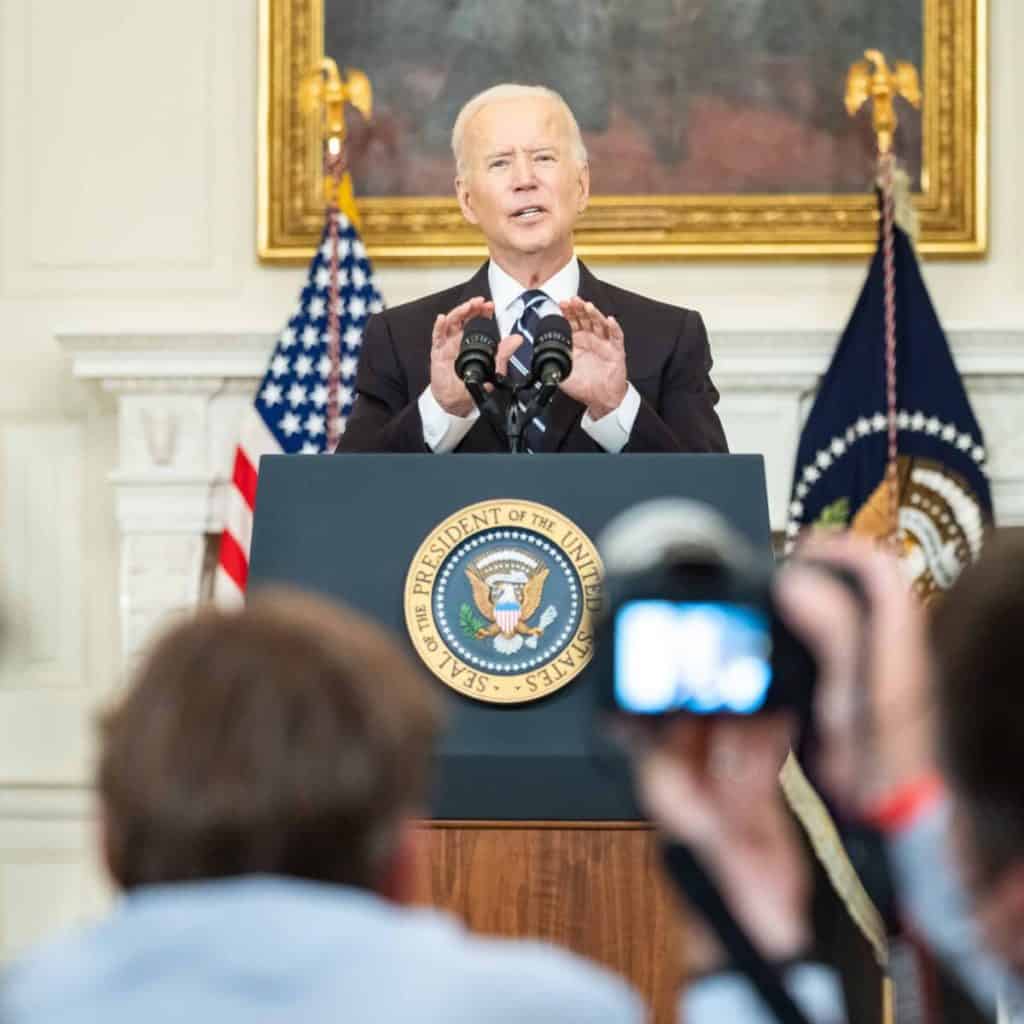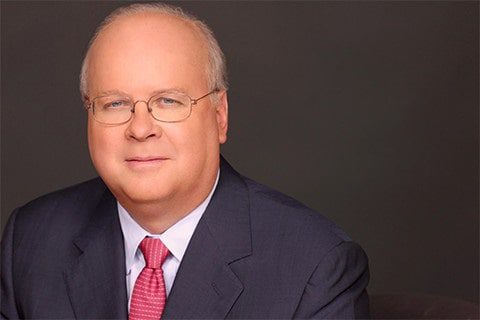
Op-Ed first appeared in the Wall Street Journal
Opinion
By Karl Rove
Anyone who’s served on a White House staff, Democrat or Republican, has some sympathy for what President Biden and his team are going through. Crisis after crisis at home and abroad, a stalled legislative agenda, lousy polls, a divided party, plenty of critics—including usually friendly voices—and internal backbiting spilling into public view: Team Biden is beset by all this and more.
For beleaguered West Wing denizens, there’s some good news. Things will probably get better. The bad news? Not much better, and it won’t be enough. Democrats will still suffer a whooping this fall.It’s a distant memory now, but 2020 unfolded well for Mr. Biden as he executed his unorthodox but brilliant campaign strategy—hide out in his Delaware basement while President Trump bollixed Covid and wore out his welcome with voters. Mr. Biden made a few promises: He’d handle Covid better, bring America together, and just be normal.
But after striking these notes in his inaugural and scoring initial political successes with reversing Trump regulations and passing a $1.9 trillion Covid relief bill, he became more ambitious. The bigger his proposals and the more he moved left, the more praise he drew from the mainstream media and liberal intelligentsia. He was applauded for having “done more with 50 Democratic senators than Barack Obama did with 57” and hailed as “an aspiring modern-day FDR or LBJ who will lead the country out of crisis.” Mr. Biden liked being seen as more transformational than President Obama, “seeking a much more dramatic sea change.” Caught up in the hype, Mr. Biden threw his weight behind the proposed Build Back Better Act to transform fundamentally America’s economy and climate policy, and joined the push for a federal takeover of local elections.
The problem is that Americans are generally not fond of transformation, except for a few exceptional moments in our history. This isn’t one of them. Most times, Americans like changes to be incremental and, if they’re really significant, approved by commanding congressional margins and strong bipartisan support. Mr. Biden had neither.
The more he pushed for transformational change while holding a razor-thin House margin and a 50-50 Senate, the more negative public opinion grew. The president’s job approval fell from 56% approve, 36% disapprove at the start of his presidency to 41% approve, 53% disapprove now in the RealClearPolitics average.
This happened in part because he hasn’t focused on problems that ordinary Americans face. He wanted a smorgasbord of new welfare benefits in Build Back Better, few of which would help voters worried that prices were growing at the grocery store and gas pump much faster than their paychecks. And a federal takeover of elections is not as high a priority as jobs and wages.
That dissonance drove down Mr. Biden’s numbers on handling the economy from 53% approve, 34% disapprove in Politico’s survey after his inaugural to 40% approve, 54% disapprove this January.
On Covid, Mr. Biden overpromised by predicting its end by July 4 and underdelivered when Omicron spiked this winter. Not surprisingly, the president’s numbers on handling Covid went from 69% approve, 31% disapprove a year ago to 45% approve, 48% disapprove now in the FiveThirtyEight average.
One mistake was not appointing a spending watchdog as FDR had with his budget chief, Lewis Douglas, who cut waste and sought efficiencies during Roosevelt’s famed first 100 days. Instead, the Committee for a Responsible Federal Budget’s Covid spending tracker says $5.6 trillion has been spent or distributed to deal with the virus—while another $1 trillion of appropriated money hasn’t been deployed. Despite this, Congress is talking about appropriating more money, leaving a growing number of Americans to wonder why.
Op-Ed by Mr. Rove courtesy of rove.com.

Karl Rove served as Senior Advisor to President George W. Bush from 2000–2007 and Deputy Chief of Staff from 2004–2007. At the White House he oversaw the Offices of Strategic Initiatives, Political Affairs, Public Liaison, and Intergovernmental Affairs and was Deputy Chief of Staff for Policy, coordinating the White House policy-making process.
Mr. Rove has been described by respected author and columnist Michael Barone in U.S. News & World Report as “…unique…no Presidential appointee has ever had such a strong influence on politics and policy, and none is likely to do so again anytime soon.” Washington Post columnist David Broder has called Mr. Rove a master political strategist whose “game has always been long term…and he plays it with an intensity and attention to detail that few can match.” Fred Barnes, executive editor of The Weekly Standard, has called Mr. Rove “the greatest political mind of his generation and probably of any generation. He knows history, understands the moods of the public, and is a visionary on matters of public policy.”
Before Mr. Rove became known as “The Architect” of President Bush’s 2000 and 2004 campaigns, he was president of Karl Rove + Company, an Austin-based public affairs firm that worked for Republican candidates, non-partisan causes, and non-profit groups. His clients included over 75 Republican U.S. Senate, Congressional, and gubernatorial candidates in 24 states, as well as the Moderate Party of Sweden.

